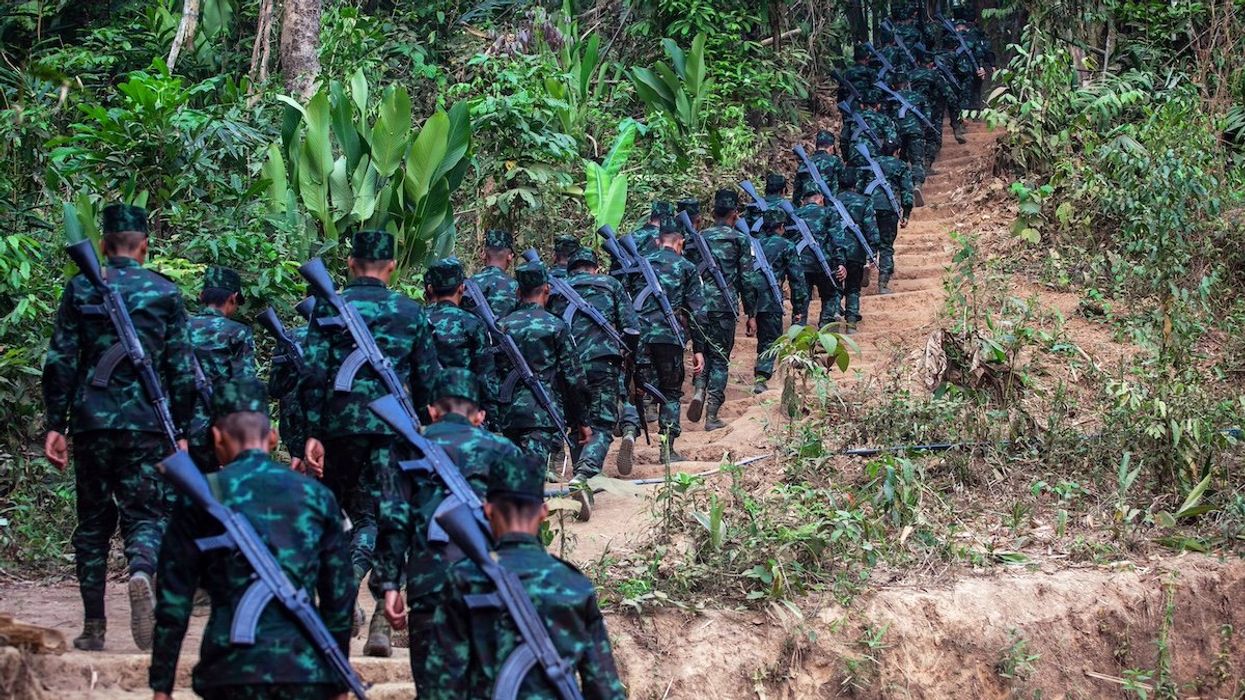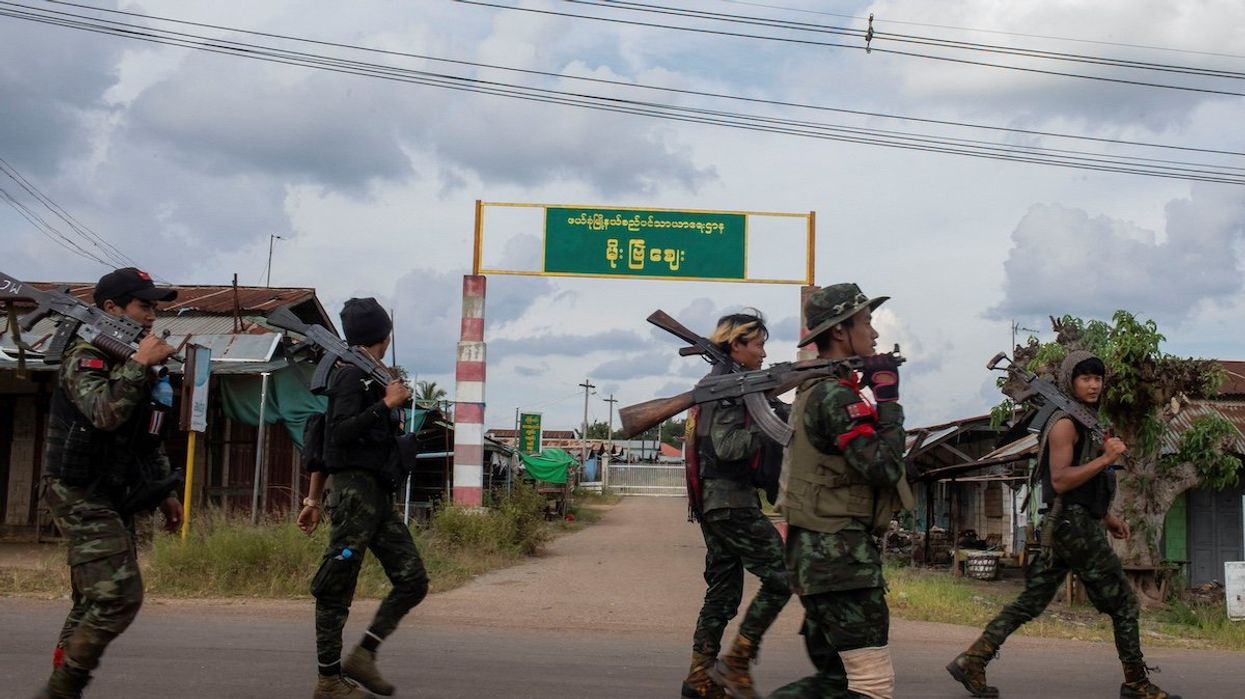What We're Watching
Myanmar’s democratic rebels set terms for talks. Will the Junta engage?
An alliance of fighters loyal to the former democratic government and ethnic minority militias has opened the door to talks with the junta in Myanmar over building a civilian-led federal government.
Jan 31, 2024


